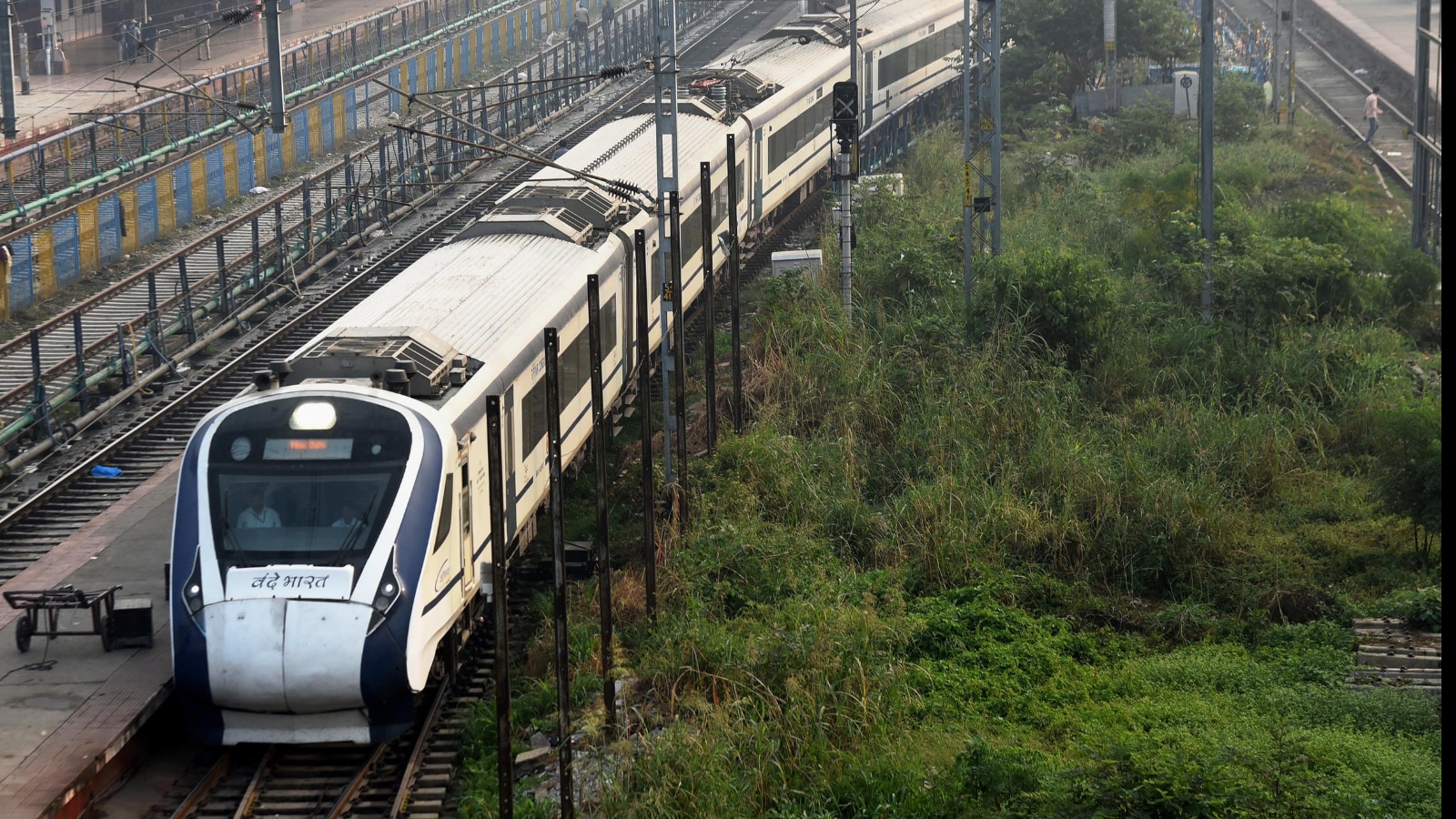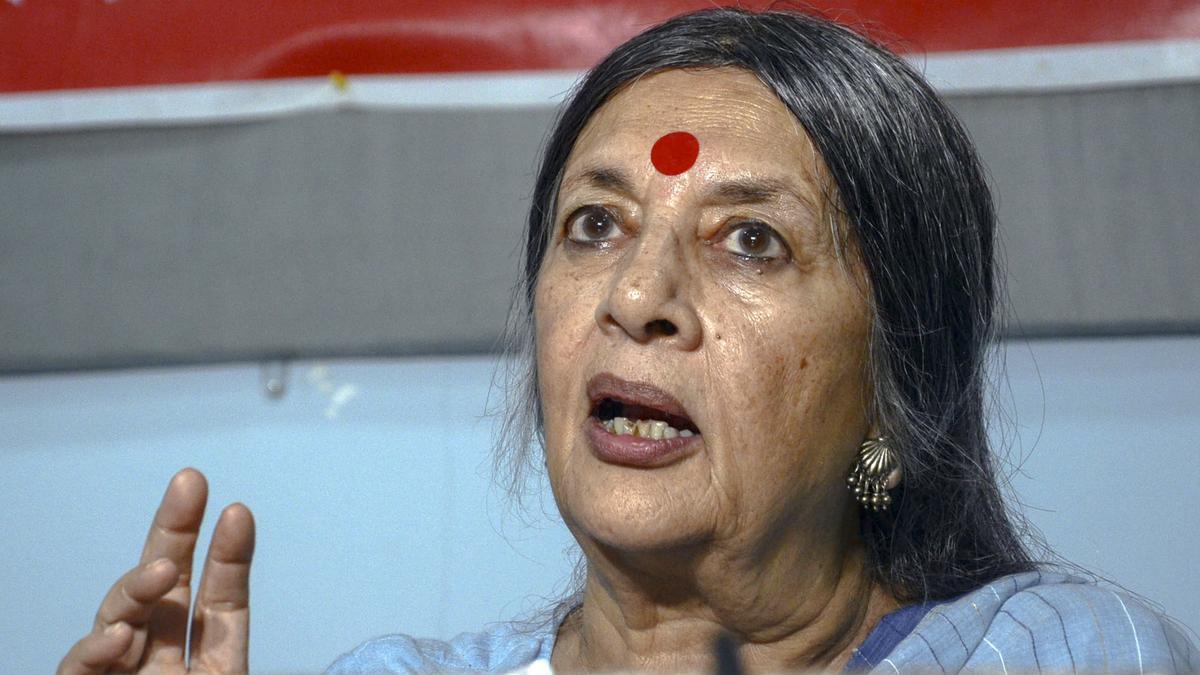ARTICLE AD BOX
The Supreme Court on Wednesday banned hand-pulled rickshaws in the ecologically sensitive Matheran near Mumbai, a destination which draws tourists in large numbers, saying that the practice “is against the basic concept of human dignity” and needs to be done away with completely.
A bench of Chief Justice of India B R Gavai and Justices Vinod Chandran and N V Anjaria said that those plying it are not doing so by choice but because they have no other source of livelihood.
“Permitting such an inhuman practice, which hits at the basic concept of human dignity in a country like India, which is a developing country, belittles the constitutional promise of social and economic justice,” the court added.
The bench pointed out that the SC had in the case People of India for Democratic Rights v. Union of India, given an expanded meaning to Article 23, holding that it was intended to abolish every form of forced labour and said that even if remuneration is paid, labour supplied by a person will be hit by Article 23 if it is forced labour.
It referred to the SC’s 1980 ruling in the case Azad Rickshaw Pullers Union (Regd.) vs State Of Punjab & Others which dealt with the rehabilitation of cycle rickshaw pullers in Punjab. The bench said it was then held that the practice of allowing cycle-pulled rickshaws was inconsistent with the preambular promise of social justice.
The bench said, “it is really unfortunate that after 45 years of the observations made by this Court in the case of Azad Rickshaw Pullers Union, the inhuman practice of a human being pulling another human being is still prevalent in the town of Matheran.”
It said that allowing manual rickshaws today would be a betrayal of the promise of social and economic justice that the people of India promised to themselves. “The question that we ask ourselves is as to whether this practice is alive to the Constitutional promise of social and economic equality and social and economic justice. The answer, unfortunately, will have to be in the negative. To continue such human practice even after 78 years of tecountry getting freedom and after 75 years of the Constitution being enacted and promising social and economic Justice to its citizens, however, would be betraying the promise given by the people of India given to themselves,” the order said.
Story continues below this ad
The SC added, “we therefore find that the practise of permitting hand-pulled rickshaws needs to be stopped forthwith.”
It directed the “state to stop the practice of hand-pulled rickshaws in a phased manner within a period of 6 months from today”.
The bench said the question would then arise as to what will happen to those dependent on it for their livelihood.
It said that the answer lies in switching to environmentally friendly e-rickshaws.
Story continues below this ad
The Court asked the Maharashtra government to roll out a rehabilitation scheme for the rickshaw pullers of Matheran saying “the state… has also a duty under the directive principles to ensure that social and economic justice is done to the citizens…”.
The bench said that the non-availability of funds “cannot be an excuse for non-implementation of the…scheme” and added, “we earnestly hope that the state would tender necessary assistance in stopping such an inhumane practice.”
The court asked the state to adopt the model followed in Kewadia of Gujarat, where the state purchases e-rickshaws and gives them to genuine rickshaw pullers on hire.
It asked the Matheran monitoring committee, headed by the Collector, to identify genuine rickshaw pullers who need to be rehabilitated and said the committee will decide the number of e-rickshaws needed after taking into account ground realities.
Story continues below this ad
It permitted the state government to lay paver blocks from Dasturi Naka (bus station) up to the Shivaji Statue in Matheran and said that no paver blocks are to be laid on the internal road and the trading routes. The court also directed that any concrete blocks already laid should be replaced by paver blocks.



.png)
.png)
.png)

























 English (US) ·
English (US) ·